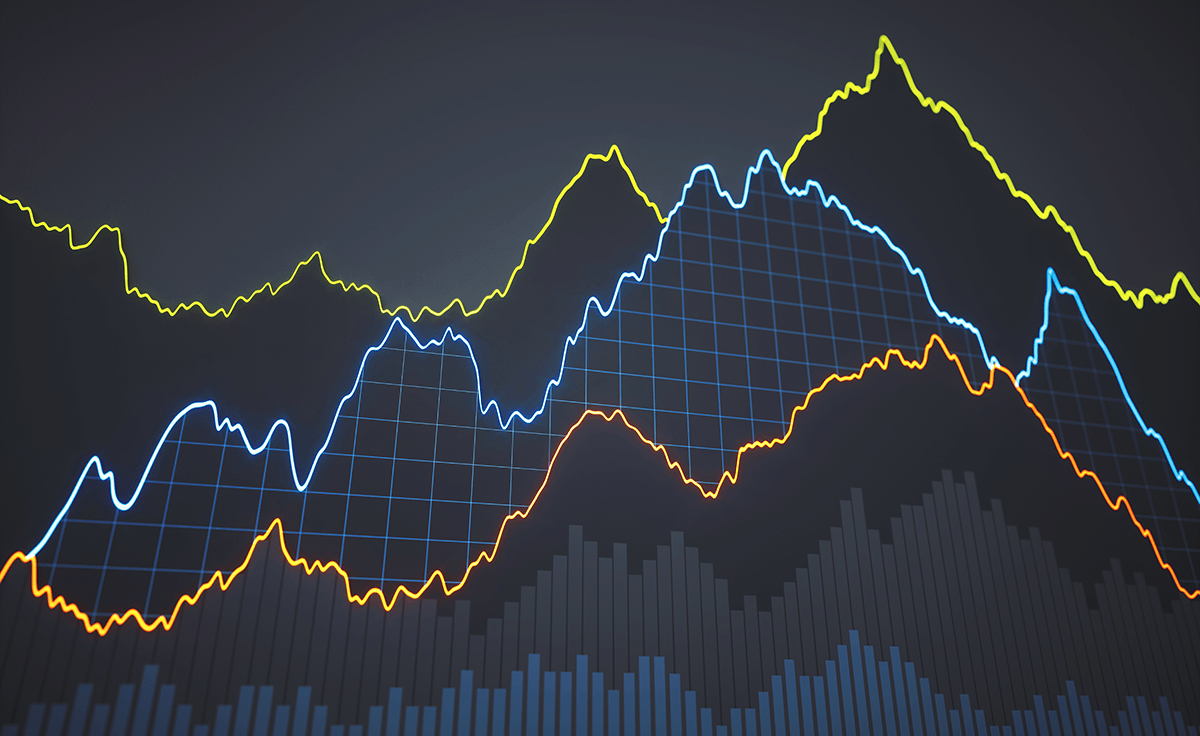Key Points:
- Index funds with lower tracking error may have better post-tax performance.
- High tracking error may help funds avoid taxable events and boost post-tax returns.
- Results vary across different asset categories.
- Low tracking error tends to be associated with better post-tax performance in small-cap, value, and growth funds.
Investors often see tracking error as a negative aspect of index funds. However, there may be another perspective to consider. A fund manager may tolerate some tracking error to minimize taxable events, which can diminish post-tax performance.
To investigate this, we analyzed data on US-dollar-denominated index mutual funds in six asset categories: large-cap equities, emerging market equities, fixed-income, small-cap equities, US value, and US growth. We categorized each fund based on tracking error, as either high, middle, or low. For each category, we calculated the median return and median post-tax return over the past five years.
Tracking error was defined as the standard deviation of the difference between the fund’s returns and those of the tracked index over a year. In our findings, large-cap equity, emerging market, and fixed-income funds with high tracking error exhibited better post-tax performance compared to their low tracking error counterparts.
Large-Cap Funds
| Tracking Error Category | Median Five-Year Return | Median Five-Year Post-Tax Return |
|---|---|---|
| Low | 9.66% | 4.74% |
| Middle | 10.43% | 7.83% |
| High | 10.44% | 7.88% |
Emerging Market Funds
| Tracking Error Category | Median Five-Year Return | Median Five-Year Post-Tax Return |
|---|---|---|
| Low | 0.36% | 0.08% |
| Middle | -0.53% | -0.70% |
| High | 0.78% | 0.35% |
Fixed-Income Funds
| Tracking Error Category | Median Five-Year Return | Median Five-Year Post-Tax Return |
|---|---|---|
| Low | 0.62% | 0.17% |
| Middle | 0.90% | 0.30% |
| High | 1.12% | 0.66% |
In contrast, the results were different for small-cap, value, and growth funds. In these categories, low tracking error funds tended to have better post-tax performance. For example, high tracking error small-cap funds had a median annual return of 4.99% over five years, compared to 5.77% for low tracking error funds.
Small-Cap Funds
| Tracking Error Category | Median Five-Year Return | Median Five-Year Post-Tax Return |
|---|---|---|
| Low | 7.35% | 5.77% |
| Middle | 5.36% | 3.72% |
| High | 6.76% | 4.99% |
US Value Funds
| Tracking Error Category | Median Five-Year Return | Median Five-Year Post-Tax Return |
|---|---|---|
| Low | 8.72% | 6.11% |
| Middle | 7.84% | 5.52% |
| High | 7.25% | 4.34% |
US Growth Funds
| Tracking Error Category | Median Five-Year Return | Median Five-Year Post-Tax Return |
|---|---|---|
| Low | 11.37% | 7.96% |
| Middle | 12.24% | 9.44% |
| High | 10.67% | 6.17% |
In conclusion, our analysis revealed mixed results. Tracking error did not appear to be a reliable predictor of post-tax performance. Low tracking error funds did not necessarily indicate higher quality index funds. However, higher tracking error may help funds avoid taxable events and enhance post-tax returns in certain situations. The relationship between tracking error and post-tax performance also varied across different asset categories.
If you enjoyed this post, remember to subscribe to the Enterprising Investor.
Disclaimer: The opinions expressed in this post are solely those of the author and do not reflect the views of CFA Institute or the author’s employer.
Image credit: ©Getty Images / matejmo
Professional Learning for CFA Institute Members
CFA Institute members can self-report professional learning (PL) credits earned, including content on Enterprising Investor, using their online PL tracker.







